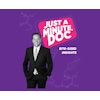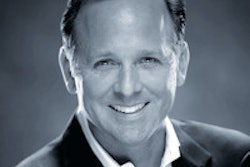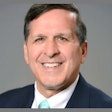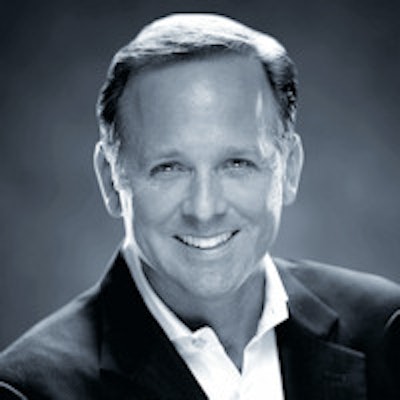
I've got great news for you. You are in an absolutely wonderful profession. U.S. News and World Report, CNBC, CNN Money, Time, "Today," Forbes, and more all put dentistry in at least the top three professions in the U.S. And there is a long list of reasons why.
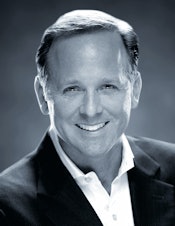 Jay Geier is the president and founder of the Scheduling Institute.
Jay Geier is the president and founder of the Scheduling Institute.But I'm not here to tell you all those great things. I'm here to prepare you for one of the not-so-great aspects of your chosen career: You can't do it forever. Yes, at some point and time, you will need to retire and exit dentistry. Regardless of your age, your countdown clock has already started ticking. You're running out of time, and you may not have even starting thinking about your exit strategy.
Today I want to give you one piece of advice: Now is a great time to start planning your future.
I've spent the last 25 years working with tens of thousands of dentists who have been planning their exit strategy and working to attain financial freedom. In that time, I've learned a lot about what works -- and what doesn't -- because I've helped those doctors build a career, run a practice, achieve true financial freedom, and enjoy the high-quality lifestyle they desired. I couldn't possibly teach you all those things in one article, but I can give you a few quick pointers to get you started.
4 tips
1. Create huge goals
The thing about little goals is they just aren't exciting enough to get you motivated. There is absolutely no reason why you shouldn't be able to make whatever amount of money you want. The same goes for your impact on patients, your team's engagement, how big of a practice you can own and operate, etc. It all comes down to your goal and your focus. Don't allow others to derail you and deflate your excitement. So, what goal will get you the most excited? Think hard about that question, and when you come up with an answer, be sure to write it down.
“It is absolutely crucial that you make training your team members a top priority.”
2. Invest in your team
It is absolutely crucial that you make training your team members a top priority. They are your biggest catalyst for growth, and they determine the effectiveness of your schedule, the productivity of your hygiene department, and the number of new patients you are seeing each month.
You need to invest in training each and every one of them to maximize your payroll costs and leverage one of your most expensive -- and most important -- assets. Additionally, you need to understand the importance of new patients. They are critical to your practice's success both now and at your time of exit, because they boost the inherent value of your practice and the cash flow coming into your practice.
3. Prepare for the corporate takeover
The dental industry is currently experiencing a huge shift. Large corporations have recognized that dentistry is an excellent field to be in. Corporate investors are swooping in to buy your practice and roll it up with five others. Don't fall prey to their "quick sell" check. It only benefits them. This is your practice and your greatest asset. Having a solid, well-defined exit strategy will help you stand firm in your decision to sell on your terms, not theirs.
4. Have a good 10-year run
Most successful and profitable dentists are, by nature, long-term thinkers. On the other hand, the majority of less profitable dentists live moment to moment -- short term -- without ever creating a comprehensive plan. If you want to become successful beyond your wildest dreams, affect patients on a high level, and retire comfortably, you need to think long term. That means setting huge goals, making wise investments, committing yourself fully, and getting big things done with a 10-year plan in mind. That is how you build a successful practice that provides the kind of income you want. That won't happen from a month-to-month or year-to-year plan.
Believe me, I've been working hard at growing my company since 1997, and since then I've gone from two employees to more than 180. I've been where you are today. So, whether you've just graduated from dental school or you're 55 years old and planning to exit soon, it is time to think seriously about your exit strategy.
Jay Geier is the president and founder of the Scheduling Institute.
The comments and observations expressed herein do not necessarily reflect the opinions of DrBicuspid.com, nor should they be construed as an endorsement or admonishment of any particular idea, vendor, or organization.


